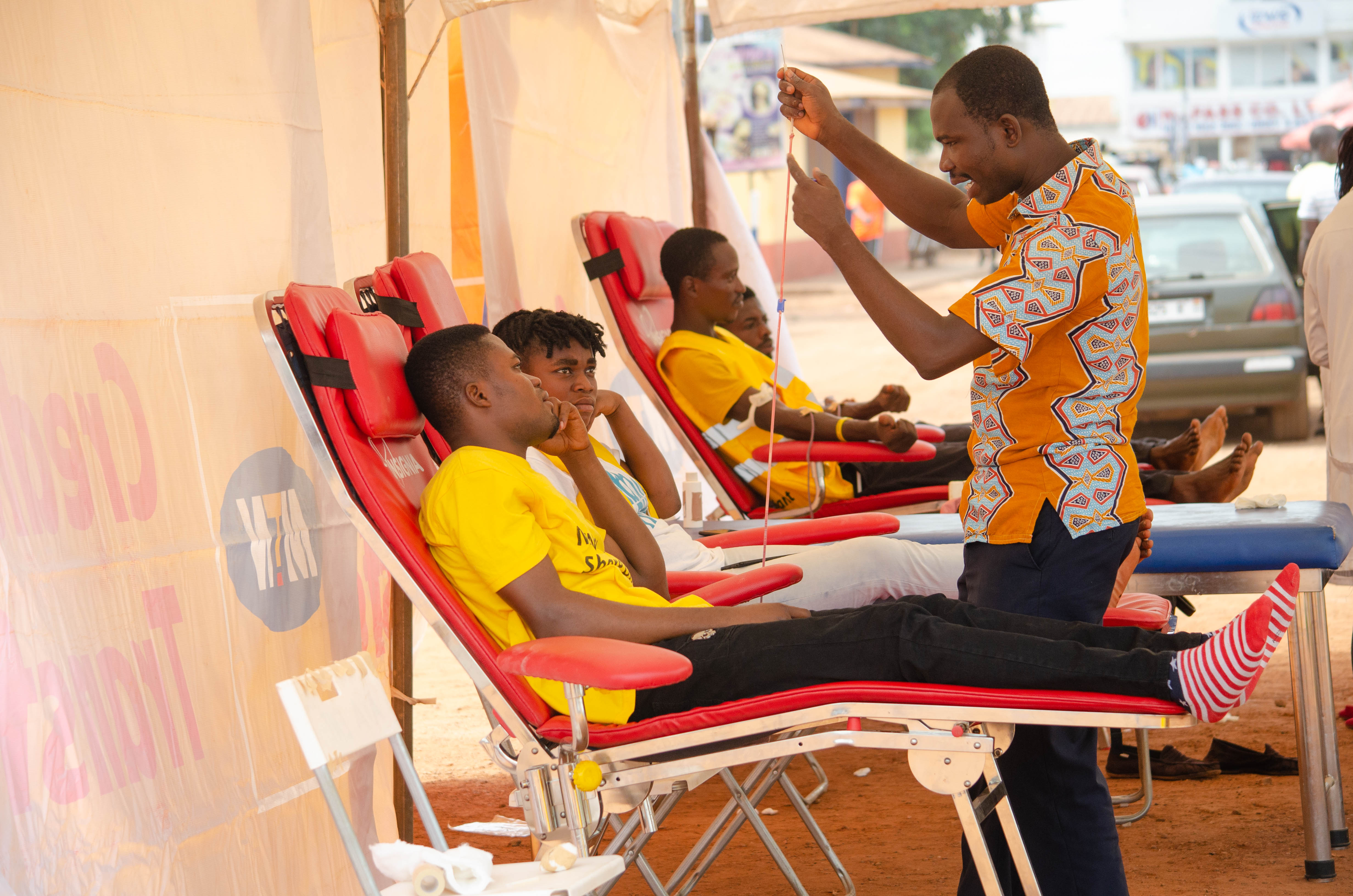
Celebrated on 14th June every year, World Blood donor day marks the importance of blood donation as a life-saving act. It is estimated that every two seconds a person needs blood. The demand versus supply gap when it comes to blood donation is huge in our country. It is important to understand that blood cannot be manufactured. Hence, this immense requirement can only be fulfilled by voluntary blood donation.
Blood donation is a straightforward act, but before you donate blood, it is important to be aware about a few things-
Blood is a complex tissue which is made up of various components like red blood cells, white blood cells, platelets and plasma. When you donate blood, it is separated into blood components like red cells, platelets, plasma and cryoprecipitate. From each unit of whole blood, various components can be derived. Thus, it is said that 1 unit of blood can save about three lives.
Donors can donate the whole blood or only donate specific blood components. Special equipment is used for the purpose of donating only certain blood components, in a process which is called apheresis.
Typically only one unit (about 450 ml) is withdrawn from each donor. The reason there is a limitation on how much blood a person can donate in one go is because there is a limited amount of blood in each one’s body which depends upon various factors such as weight, age and height of the person. When a person donates 1 unit, that much amount and its components can be recovered by the body within a span of few hours to weeks without affecting the health of the donor.
Not everyone is eligible to donate blood. As a rule, only people who are above 18 years of age are allowed to donate blood in India. Other essential criteria is body weight which should not be less than 45 kg and overall health which means that one shouldn’t be sick with any kind of bacterial, fungal or viral infection. Pregnant and breast-feeding women should not donate blood.
Before donating blood, it is important to have a wholesome meal at least 2-3 hours prior so that blood sugar level stays stable. To compensate for the loss of fluids from the body, one should stay hydrated with juices and water to avoid low blood pressure. After donating blood, caffeinated beverages should be avoided, and foods which are rich in iron and Vitamin C should be consumed.
The blood which you donate will be utilised by accident victims, people suffering from critical blood disorders like sickle cell, haemophilia, and even cancer patients. Thus, all donated blood is tested for diseases like HIV, hepatitis, syphilis and other infections to make sure that these blood diseases do not get transmitted from one person to another.
Donating blood is a noble act which saves many lives. On average, a person can donate blood after every 3 months. However, this limitation varies for different blood components, as in case of platelets one can donate them after every 3 days but only 24 times in one year. Make a habit of donating blood regularly and encourage others to do the same. In our country, where there is critical shortage of donated blood, each donation matters.
By Dr Mohit Chowdhry, Consultant, Transfusion Medicine, Molecular Biology and Transplant Immunology, Indraprastha Apollo Hospitals

